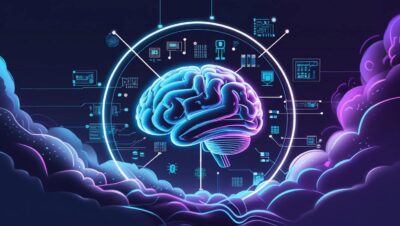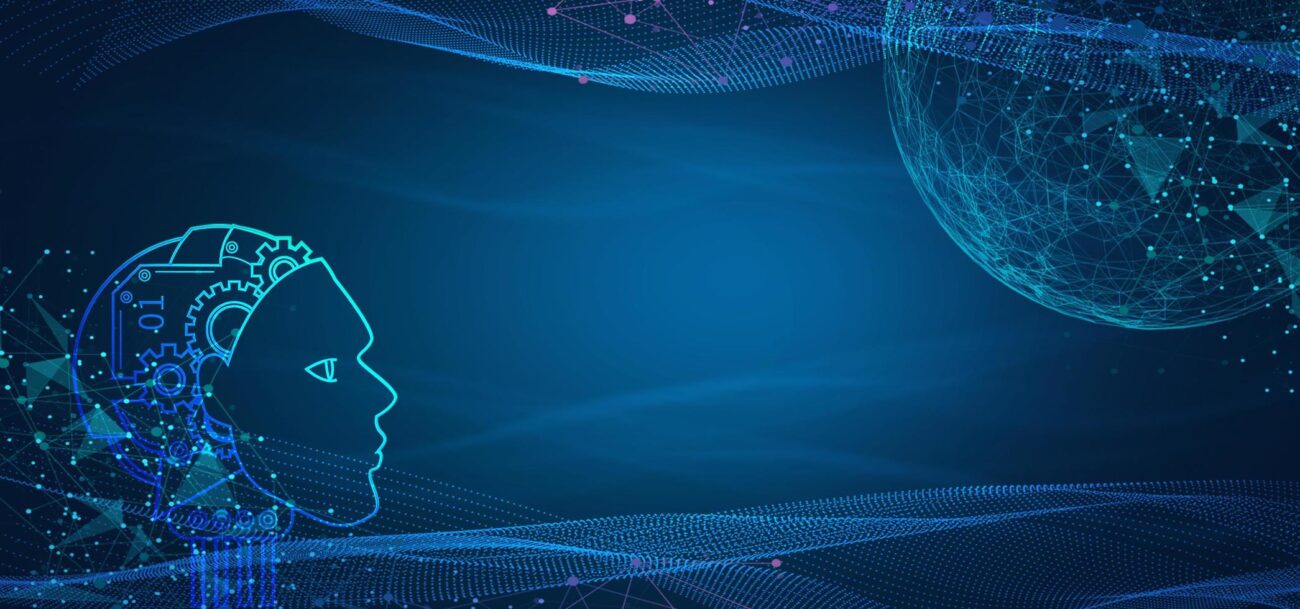Introduction

The world is witnessing an unprecedented transformation driven by Generative AI, a technology capable of creating text, images, music, and even code. From healthcare to finance and education, AI-powered solutions are enhancing efficiency, enabling personalization, and revolutionizing traditional workflows. The rapid expansion of AI-driven applications across industries is reshaping how businesses and individuals interact with technology.
Understanding Generative AI
Generative AI refers to machine learning models that create new content based on existing data. Unlike traditional AI, which analyzes and classifies data, generative models—such as OpenAI’s GPT and Google’s Bard—produce text, images, videos, and even music. These models are trained on vast datasets, enabling them to generate human-like outputs with impressive accuracy.
This advancement has led to widespread adoption in various industries, unlocking new possibilities and efficiencies. While some fear the disruptive nature of AI, its potential to enhance creativity, streamline workflows, and optimize decision-making is undeniable.
Generative AI in Healthcare
AI is driving a paradigm shift in healthcare by improving patient care, enhancing diagnostics, and accelerating drug discovery. AI-generated insights are enabling doctors and researchers to make more informed decisions, resulting in better patient outcomes.
AI-Powered Diagnostics
AI-powered medical imaging tools analyze scans, X-rays, and MRIs to detect diseases with greater accuracy than traditional methods. For example, AI models trained on millions of medical images can identify cancerous tumors at an early stage, significantly increasing survival rates.
Virtual Health Assistants
AI-driven virtual assistants, such as chatbots and voice-activated systems, are improving patient engagement. These assistants answer medical queries, schedule appointments, and even provide mental health support, reducing the workload of healthcare professionals while enhancing accessibility for patients.
Drug Discovery and Personalized Medicine
Generative AI accelerates drug discovery by simulating molecular structures and predicting potential drug interactions. AI-driven platforms analyze patient data to offer personalized treatment plans, reducing trial-and-error approaches and improving patient care.
Generative AI in Finance
The finance sector has embraced AI for risk management, fraud detection, and automated financial advising. AI’s ability to process vast amounts of financial data in real time has made it an invaluable tool for decision-making.
AI in Stock Market Predictions
AI models analyze market trends, historical data, and global events to make real-time stock predictions. Hedge funds and investment firms leverage AI-driven insights to make strategic decisions, minimizing risks and maximizing profits.
Fraud Prevention with AI
Financial institutions use AI to detect fraudulent transactions by identifying unusual spending patterns and anomalies. Machine learning algorithms continuously adapt, improving fraud detection accuracy and reducing financial losses.
Customer Service Automation
AI chatbots handle customer queries, manage transactions, and provide financial advice, enhancing customer experience while reducing operational costs for banks and financial firms.
Generative AI in Education
Education is undergoing a digital revolution, with AI-driven tools enhancing personalized learning experiences. From tutoring systems to automated content creation, AI is making education more accessible and efficient.
AI-Powered Tutoring Systems
Generative AI tailors learning experiences based on individual student performance. AI tutors analyze progress and adapt lessons to suit different learning paces, making education more effective.
AI in Content Generation for Courses
AI-generated content simplifies curriculum development. AI tools create textbooks, quizzes, and interactive study materials, reducing the workload for educators and ensuring up-to-date content.
Generative AI in Marketing and Advertising
Marketing and advertising industries leverage AI to create targeted content, analyze consumer behavior, and enhance customer engagement. AI-generated content ensures precision in ad targeting and personalization.
AI-Powered Chatbots for Customer Engagement
AI-driven chatbots assist in customer interactions, answering queries, providing recommendations, and even assisting in sales. Businesses benefit from improved customer satisfaction and reduced response times.
Ethical Considerations in AI Expansion
As AI expands, ethical concerns such as data privacy, bias, and misinformation arise. AI-generated content must be regulated to prevent misinformation, and efforts to reduce algorithmic bias must be prioritized.
AI's Impact on Job Markets
Automation raises concerns about job displacement. However, AI also creates new opportunities, requiring human expertise to manage and refine AI-generated outputs. Reskilling and upskilling will be crucial for the workforce of the future.
Future Trends in Generative AI
AI will continue evolving, with advancements in multimodal AI models, real-time language translation, and creative applications in arts and design. AI’s expansion across industries will only accelerate, bringing innovation and transformation.
Conclusion
Generative AI is reshaping industries by improving efficiency, personalization, and decision-making. While challenges remain, AI’s potential to drive innovation and enhance human capabilities is undeniable. As AI continues to evolve, its integration across industries will redefine the way we work, learn, and interact with technology.
FAQs
What is Generative AI?
Generative AI refers to machine learning models capable of creating content, such as text, images, music, and code, by learning patterns from vast datasets.
How is AI transforming healthcare?
AI enhances medical diagnostics, personalizes treatment plans, and accelerates drug discovery, leading to improved patient care and outcomes.
Can AI predict stock market trends?
Yes, AI analyzes financial data, trends, and global events to make stock market predictions, helping investors make informed decisions.
Is AI replacing human jobs?
AI automates repetitive tasks but also creates new job opportunities requiring human oversight and expertise in AI management.
How does AI ensure ethical use of data?
AI ethics focus on data privacy, reducing bias, and preventing misinformation through regulatory frameworks and responsible AI development.
What are the future applications of Generative AI?
Future AI applications include enhanced creative tools, real-time language translation, and AI-driven automation across industries.

